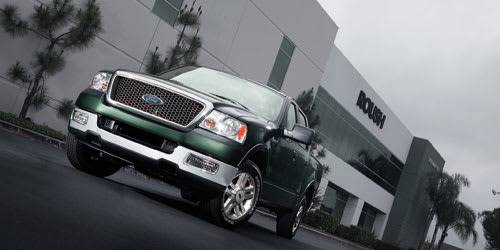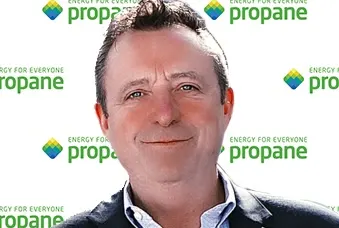Propane vs. Electric Buses: Optimizing Fleet Efficiency
As the transportation industry continues to evolve, fleet managers are seeking the most efficient and sustainable fuel options. While electric buses have gained significant attention in recent years, propane presents a compelling alternative that offers unique advantages in terms of reliability, cost-effectiveness, and sustainability. Unmatched Reliability Electric buses are often celebrated for their environmental benefits,… Continue reading Propane vs. Electric Buses: Optimizing Fleet Efficiency
As the transportation industry continues to evolve, fleet managers are seeking the most efficient and sustainable fuel options. While electric buses have gained significant attention in recent years, propane presents a compelling alternative that offers unique advantages in terms of reliability, cost-effectiveness, and sustainability.
Unmatched Reliability
Electric buses are often celebrated for their environmental benefits, but they come with certain limitations. Issues such as range anxiety and extensive charging times can hinder their practicality, especially on longer routes or in extreme weather conditions. Propane-powered buses, on the other hand, offer consistent performance regardless of route length or weather, ensuring that fleets can successfully operate without interruptions.
Cost-Effective Solutions
The initial costs and ongoing expenses associated with electric buses can be substantial. High purchase prices, expensive battery replacements, and the need for specialized charging infrastructure can add up quickly. Propane buses, however, offer a more cost-effective solution. Propane is generally less expensive than diesel and gasoline, and propane engines require less frequent and less costly maintenance. This translates to lower overall operating costs for fleets.
Environmental Impact
While electric buses produce zero tailpipe emissions, the environmental impact of battery production and disposal cannot be ignored. Propane, as a clean-burning fuel, produces fewer greenhouse gases and pollutants compared to traditional fuels like diesel and gasoline. This makes propane a more environmentally friendly option over the vehicle’s entire life cycle. Additionally, the existing infrastructure for propane refueling is well-established, further minimizing the environmental footprint associated with fuel distribution.
Infrastructure and Accessibility
One of the challenges of adopting electric buses is the need for significant investments in new charging infrastructure. Installing and maintaining charging stations can be both time-consuming and expensive. In contrast, propane refueling infrastructure is already widespread and accessible, making the transition to propane-powered buses seamless and cost-effective for fleet operators.
Propane – A Clear Winner
While electrification has its merits, propane stands out as a much more practical and efficient alternative for fleet operations. Its reliability, cost-effectiveness, and environmental benefits make it an attractive choice for fleet managers seeking to optimize their operations. By choosing propane, fleets can achieve a balance of sustainability and budget-friendly efficiency, paving the way for a cleaner, more reliable transportation future.



